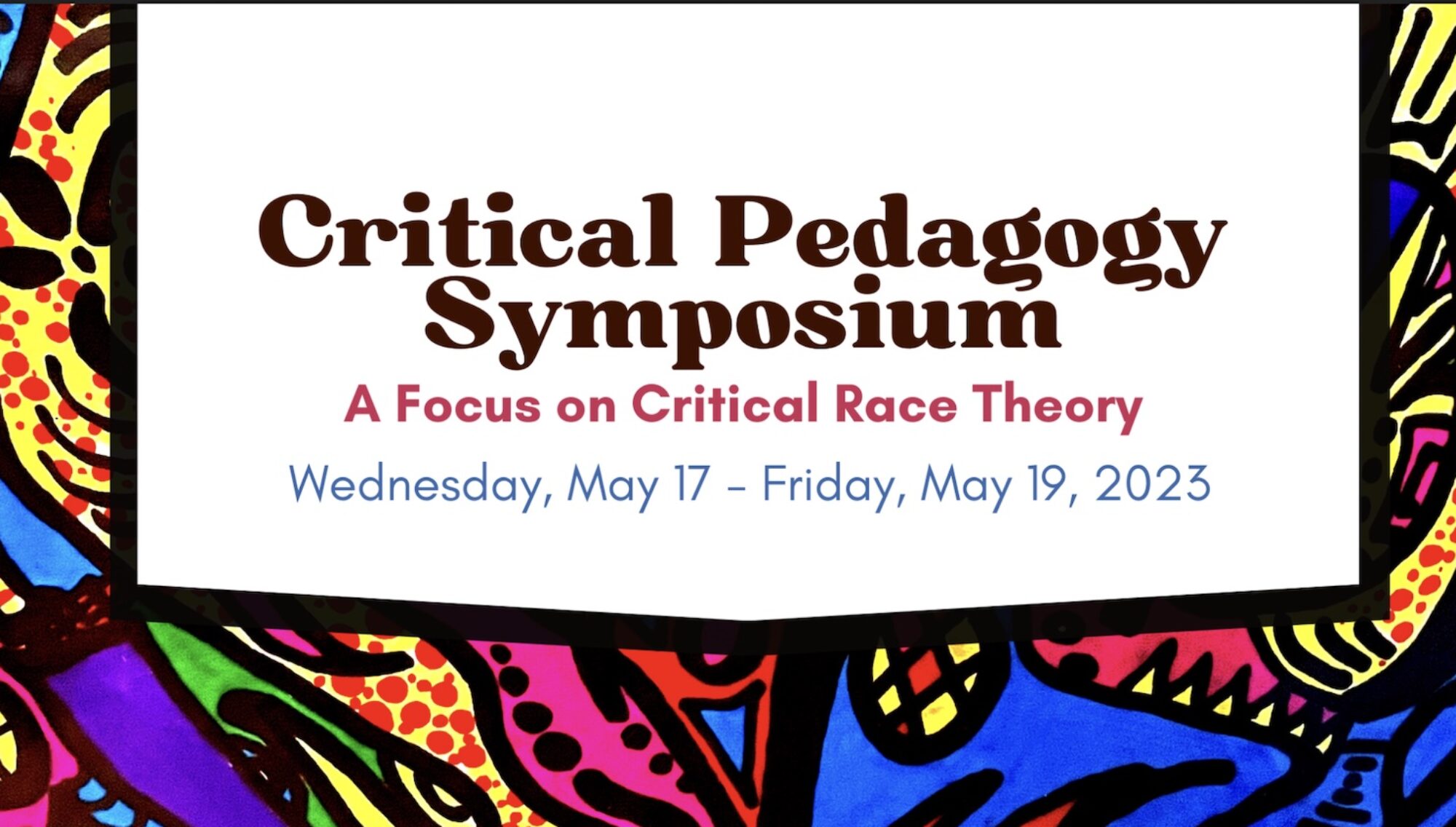Let’s Talk About CRT, Let’s Talk About Literacy: Modifying The Framework For Anti-Racist Library Instruction
Panel | Thursday, May 18, 2023 | 1:15pm – 2:15pm
Presenter Slides / Resources and links / View the panel recording HERE
The Framework for Information Literacy in Higher Education is one of the guiding documents for librarians who provide instruction in any capacity. Although The Framework touches upon issues of privilege and marginalization, it was not explicitly created in a way that critically examines racial, political, social, and economic dimensions of information. Groups such as the Women and Gender Studies Section Instruction Committee have worked to address the lack of inclusivity in The Framework. Still, this work is very discipline-specific, and these updates are not officially added to The Framework, which is why this panel will aim to review these concepts from an interdisciplinary and intersectional lens.
In this presentation, panelists from various subject specialties will discuss how they have taken an explicitly anti-racist approach to their instruction in classrooms and beyond. Critical Race Theory (CRT) explicitly analyzes the intersections of race, society, and law, providing a way to critique and modify The Framework for use in anti-racist library instruction. Closely examining The Framework creates an opportunity to reach beyond CRT and incorporate culturally sustaining pedagogies into literacy methodologies. This would allow for LIS to begin to address the calls for recognition, repair, and transformation in western epistemology through information literacy instruction (Tuck & Yang, 2012; Morales & Williams, 2021). These are critical conversations, and their implications in libraries cannot be ignored in the movement toward knowledge democracy (Clarke, 2021).
Panelists will discuss examples of how they have mapped CRT, culturally sustaining pedagogies and other justice-oriented theories to information literacy concepts in their instruction. In a moderated discussion that will prioritize marginalized voices, attendees will be encouraged to discuss strategies they have employed to apply anti-racist approaches in their instruction as well. During this time questions will be asked of attendees to help them build better understanding of these concepts and actionable items for themselves:
- Based on what you’ve heard today, how would you incorporate culturally sustaining concepts or exercises during one-shot instruction sessions?
- What anti-racist approaches will you consider incorporating into your library instruction?
- For instructors that mostly have one shot instruction sessions, how can you empower students to use their cultural knowledge and experiences as “a vehicle for learning”? (Seaman, et al., 2021)
- How can you incorporate self-reflection before and after your library instruction sessions to unpack and grapple with your own biases and assumptions?
- After today’s session, what can you implement for your next instruction session?
[The panel presentation will be recorded live. The audience discussion will not be recorded.]
Presenters: Adrianna Martinez, Jamia Williams, Kelleen Maluski, Lalitha Nataraj, Sheila García Mazari, and Talitha Matlin /
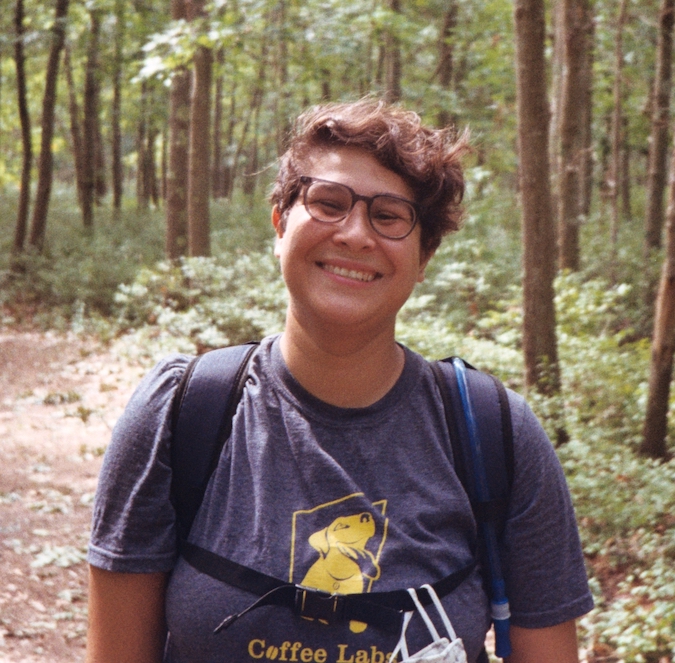
Adrianna Martinez is a Research & Education Librarian at SUNY New Paltz. She has a background in history, digital humanities, and critical library pedagogy. In her research and pedagogy she centers the student experience and strives to create collaborative mentorship opportunities. In her career as a reference librarian she strives to build pathways for identifying and building tools to navigate oppressive systems within and extending beyond librarianship.
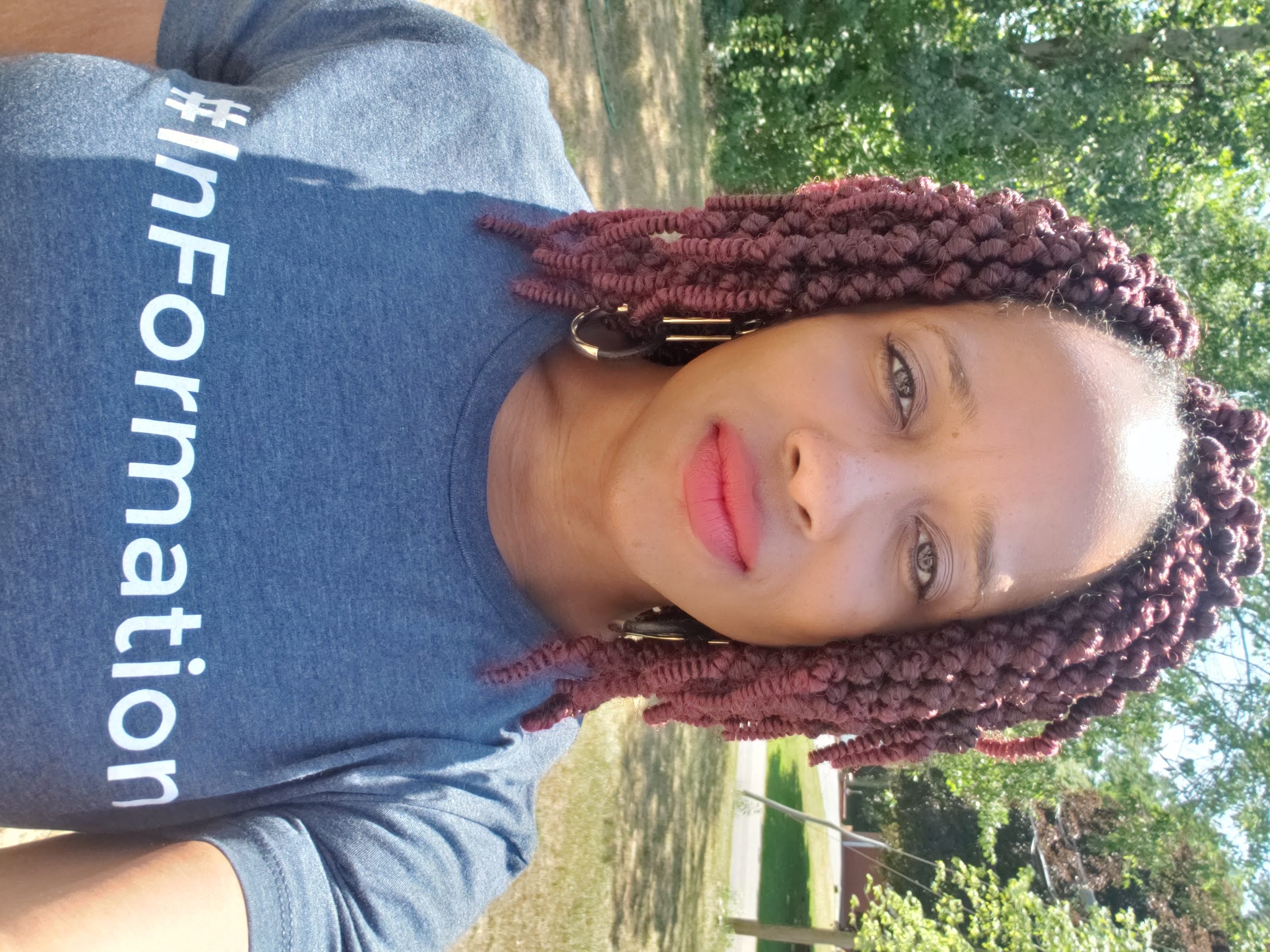
Jamia Williams (she/her) is the Consumer Health Program Specialist with the Network of the National Library of Medicine(NNLM) Training Office. She earned her Bachelor of Science in History from the State University of New York (SUNY) at Brockport and her Master of Library Science from North Carolina Central University. Williams is the co-creator and co-host of the podcast LibVoices which amplifies the voices of Black, Indigenous, and People of Color who work in archives and libraries. Jamia founded The Diversity Fellow’s blog, a platform to document her journey as a Black librarian.
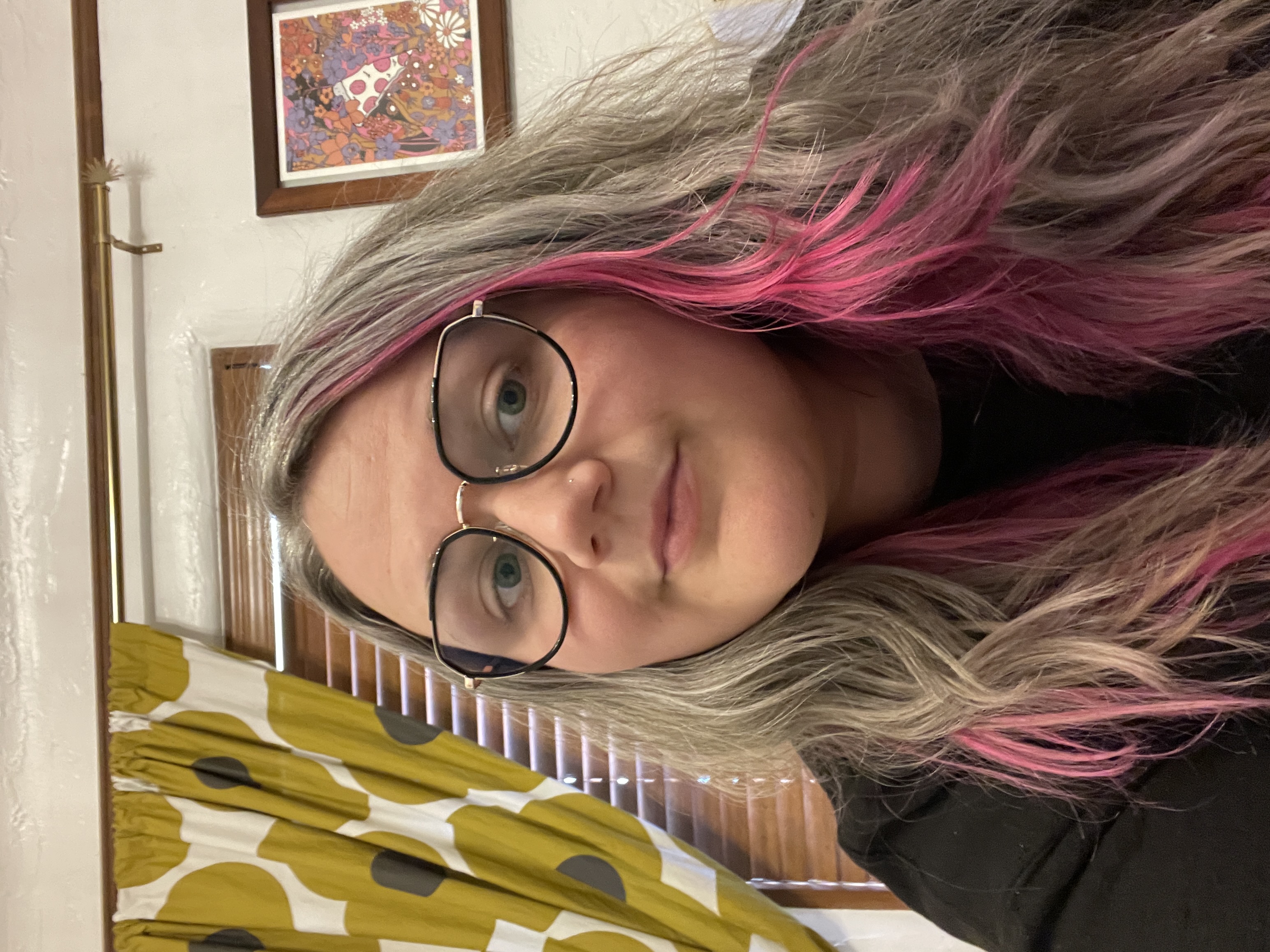
Kelleen Maluski (she/her) is the Student Success and Engagement Librarian at University of New Mexico’s Health Sciences Library. She is committed to helping researchers and learners meet their goals. Her interests include promoting student success (with special attention to centering the voices and cultural wealth of all learners & utilizing holistic outreach), critical information literacy & pedagogy, and feminist care ethics.
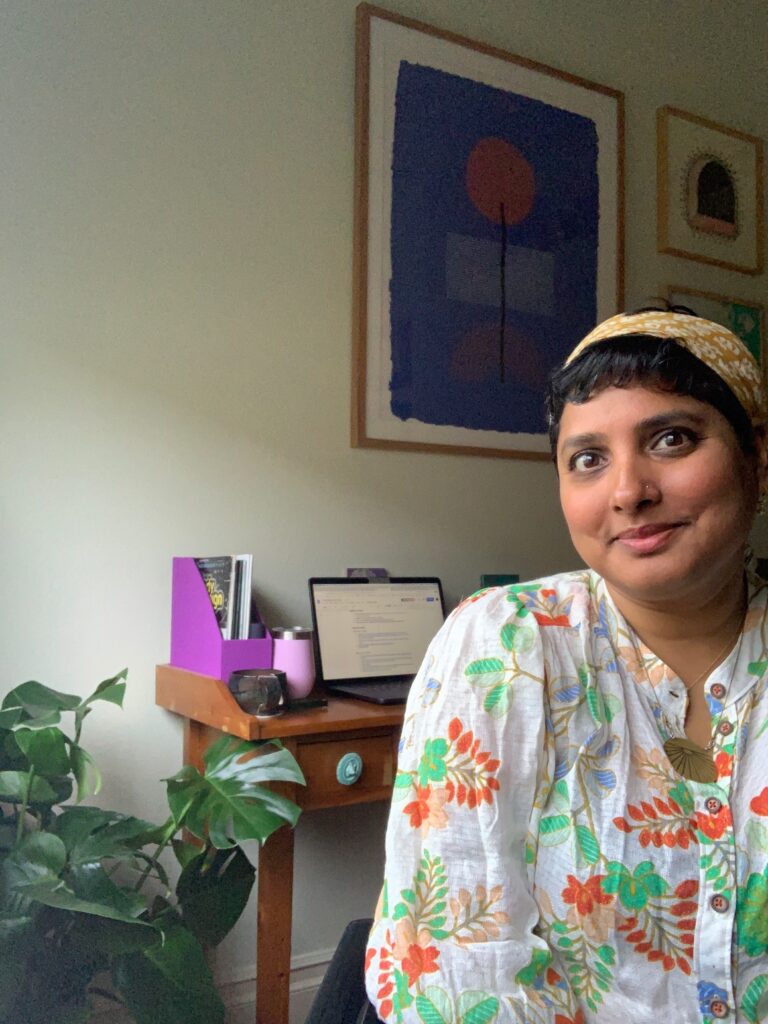
Lalitha Nataraj is the Social Sciences Librarian at California State University, San Marcos. She holds an MLIS from UCLA and a BA in English and Women’s Studies from UC Berkeley. Her research interests include feminist pedagogy, critical information literacy, and South Asians in librarianship.

Sheila García Mazari is the Online Learning Librarian at the University of California, Santa Cruz. Sheila is a 2016 ALA Spectrum Scholar and a 2019 Emerging Leader. Sheila’s research interests intersect critical information literacy and Latinx pedagogical practices.
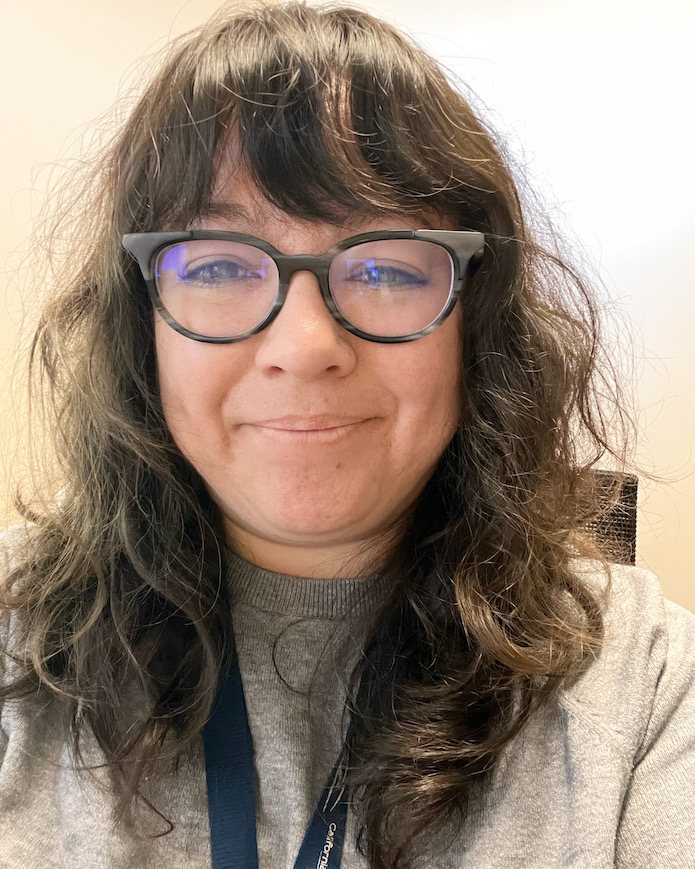
Talitha Matlin is the STEM Librarian at California State University San Marcos. She has a Master’s of Learning, Design, and Technology from San Diego State and a Master’s of Library and Information Science from San José State University. Her research interests focus on applying instructional design methodologies to nontraditional instructional settings.
